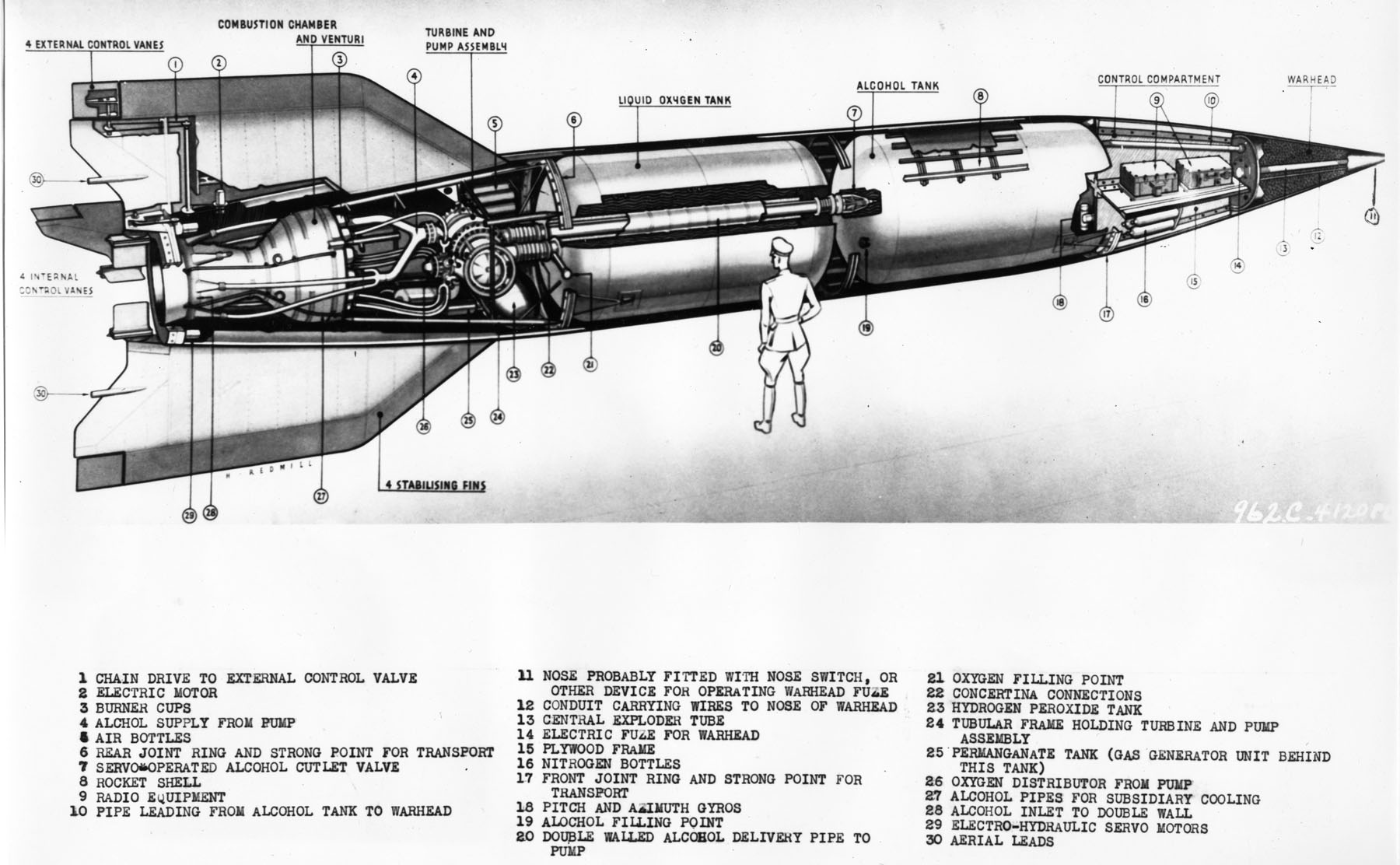
The V-2, short for “Vergeltungswaffe (Retaliation Weapon) 2” was a German rocket that stands nearly 46 feet tall and was capable of carrying 2,000 pounds of explosives 200 miles at 3,400MPH. Deployed in the last year of Germany’s participation in the war, they were mainly fired at Belgium, which took 1,664 hits, mainly aimed at Antwerp, and Britain which was on the receiving end of 1,402 of which 1,358 fell on London, though after the British began leaking falsified information that indicated that the rockets were over-shooting their London targets by 10 to 20 miles, the number of missiles reaching London dropped precipitously, mostly landing in relatively unpopulated Kent, as the Germans adjusted their aim based on the misinformation.
(Image Credit: Flying Heritage Collection)
The missile after completing its five year restoration project has been assembled and placed on display within the museum’s hangar, near three other German WWII artifacts, a V-1 rocket, which was the first rocket-powered missile used in war, a Fieseler FI 103R Reichenberg, which was a piloted V-1, and a Messerschmitt 163 B Komet, which was an early rocket plane. To clear space for the V-2, the museum removed the replica of SpaceShipOne it had been displaying there, which was the first private crewed vehicle to travel to space, which while it too was a rocket-powered craft and another project of the museum’s founder and owner, Paul Allen, did not fit with the WWII theme that is dominant in the space.








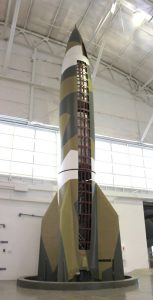






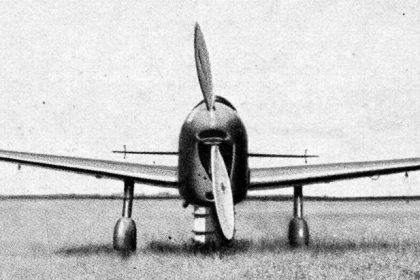
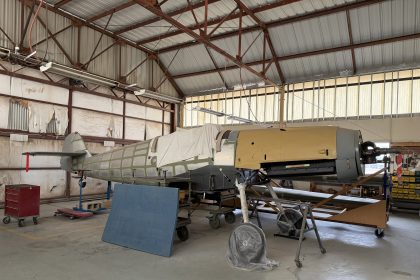



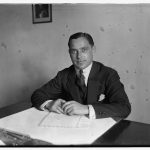




looks wimpy